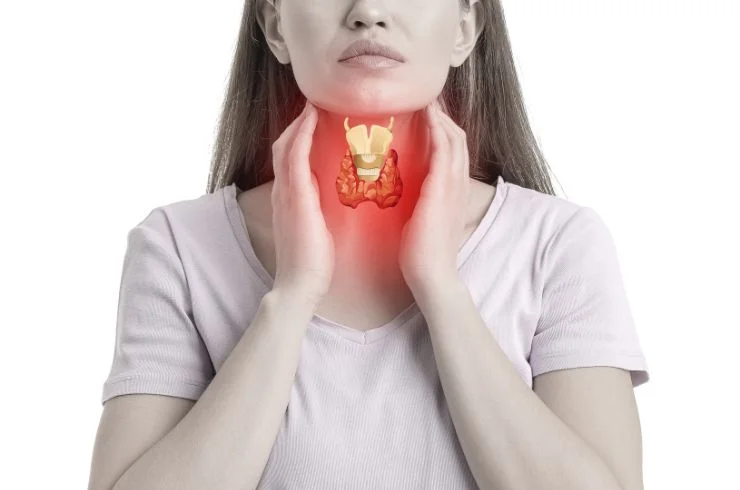
Your thyroid is a small, butterfly-shaped gland located in your neck, but it plays a big role in your overall health. It controls how your body uses energy and helps regulate many vital functions like your metabolism, heart rate, and even your mood. When the thyroid doesn’t work properly, it can lead to two main conditions: Hyperthyroidism and Hypothyroidism.
In hyperthyroidism, your thyroid produces too much thyroid hormone, which speeds up your body’s processes. This can make you feel anxious, jittery, or cause your heart to race. You might notice weight loss, sweating, or feeling overheated even when others are comfortable. Some people also experience trouble sleeping or weakness in their muscles.
Hyperthyroidism can be caused by Graves’ disease, thyroid nodules, or inflammation of the thyroid. While it’s treatable, early diagnosis and management are key to preventing complications like heart problems or bone loss.
On the other hand, hypothyroidism occurs when your thyroid doesn’t produce enough hormones. This slows down your body’s functions, leading to fatigue, weight gain, feeling cold, and dry skin. Some people may also notice depression, constipation, or muscle weakness.
Hypothyroidism is commonly caused by Hashimoto’s thyroiditis, a condition where the body’s immune system attacks the thyroid. It can also develop after thyroid surgery or radiation treatment. Hypothyroidism is usually treated with a daily hormone replacement pill, which helps normalize your hormone levels and manage symptoms effectively.